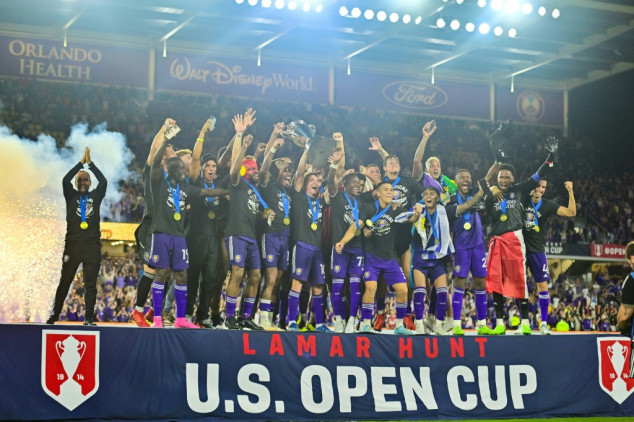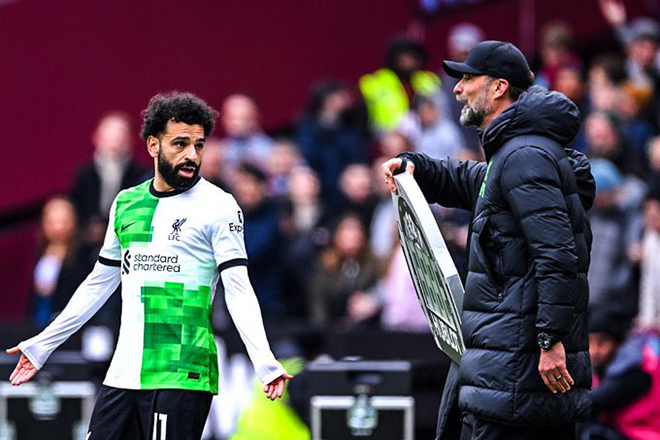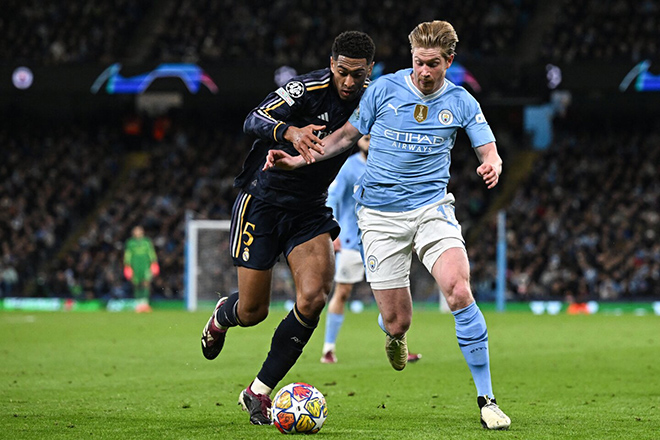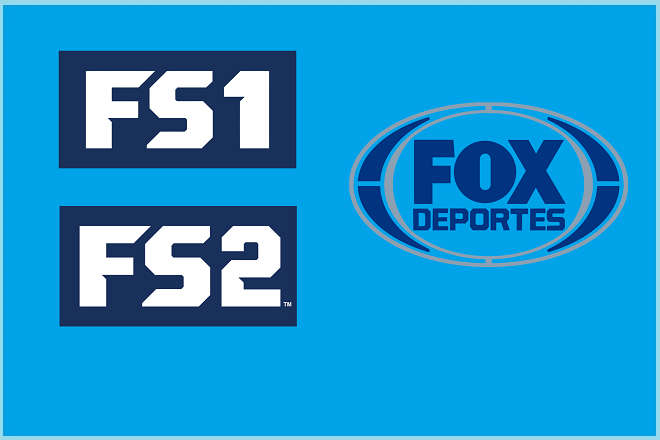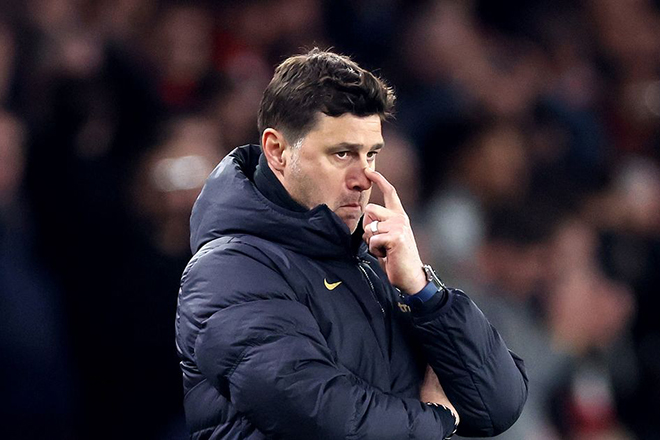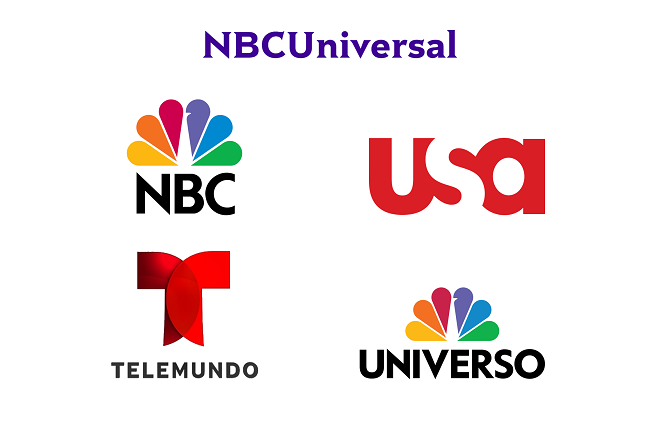Lionel Messi has one of the largest collections of winners medals of any footballer and on Wednesday he could add an unexpected one to his panoply when Inter Miami host Houston Dynamo in the final of the U.S. Open Cup.
Unlike the Leagues Cup, which Messi won with Miami last month, the title up for grabs at DRV PNK Stadium is one with a long and rich history, albeit one little known outside of American soccer circles.
The U.S. Open Cup, which began in 1914, is the oldest tournament in the American soccer landscape having managed to survive while all manner of leagues and clubs have vanished around it.
For decades, the competition was stuck in relative obscurity with semi-professional and amateur teams playing in front of a few hundred die-hard fans.
In the early years, the competition was dominated by Bethlehem Steel, backed by the factory in Pennsylvania, who won four of the first six editions.
The club were typical of that early era of the game in the United States when factory teams from northern industrial cities came close to establishing the game as the country's working class sport.
Attempts to create a stable professional league collapsed and often the clubs disappeared with them.
But as internal disputes took hold and gridiron American football established itself, the sport and the Cup became the preserve of ethnic-based immigrant teams.
After World War Two, the champions included teams such as New York German–Hungarian, Philadelphia Ukrainian Nationals, New York's Greek-American, Maccabee Los Angeles and Brooklyn Italians.
When during the Pele-inspired, short-lived soccer boom in the 1970s, his New York Cosmos and other NASL teams opted against playing in the cup.
Similar in format to England's FA Cup or Spain's Copa del Rey, the competition is organised by the U.S. Soccer Federation.
Amateur clubs qualify for the main draw through regional qualifiers with Major League Soccer clubs joining from the third round.
With no promotion or relegation in American soccer, the Open Cup is the only chance for teams from lower division leagues such as USL and NPSL to face top flight clubs.
As with other such competitions, upset wins by underdogs are part of the appeal.
Last season, Sacramento Republic from the second-tier USL Championship, went all the way to the final after beating three MLS opponents including the Los Angeles Galaxy.
In the final, Sacramento fell to Orlando City who maintained MLS teams' record of winning every edition of the Cup since the now defunct Rochester Raging Rhinos, of the old A-League, won in 1999.
The sight of MLS teams battling against lower league opponents in small venues, far more rudimentary than the modern stadiums that are home to most top flight clubs, adds to the charm of the competition for many fans.
Romance
But MLS commissioner Don Garber is not one of those to get caught up in the 'romance' of the Cup.
"It's just not the proper reflection of what soccer in America at the professional level needs to be," Garber said in May, when asked about the low television ratings for the competition.
"I would say that they're not games that we would want our product to be shown to a large audience. So frankly, I'm not all that disappointed that the audience is small," he added.
But the audience for Wednesday's final will be anything but small.
Thanks to Messi, the final will be broadcast around the world with CBS Sports and Telemundo in the United States promoting the match heavily.
Messi's involvement, however, remains in doubt with the Argentine facing a late fitness test before the game, having missed Miami's MLS game at Orlando on Sunday.
Watching in the stands will be Houston's general manager Pat Onstad, who knows all about the history of the Cup, having been goalkeeper for the Raging Rhinos in their upset win in the 1999 final against MLS's Colorado Rapids.
"That was a special run (but) it was a different time," Onstad told CBS Sports of the 1999 final, played in front of 4,555 fans in Columbus, Ohio.
"From a personal standpoint I thought I would get to a lot of these but I haven't been to a U.S. Open Cup final since 1999, it's been a long time," he said.
Whether Houston or Messi's Miami have their name engraved on the old Dewar Challenge Trophy on Wednesday, three days later, the second round of qualifying for next year's competition gets under way.
The history is never far away -- battling among the raft of new clubs trying to make their mark, is the Philadelphia Ukrainian Nationals, four-times champions in the 1960s.

